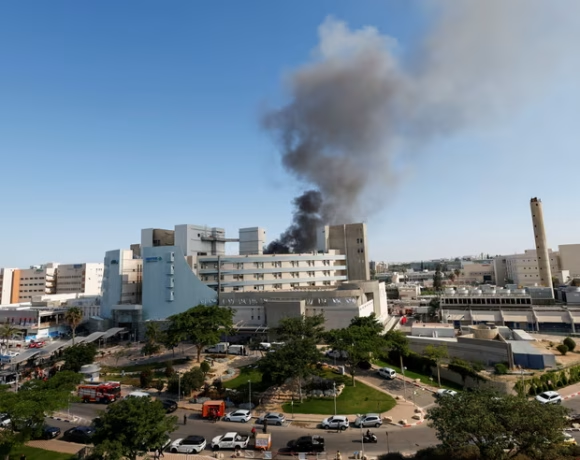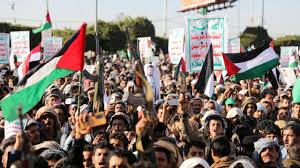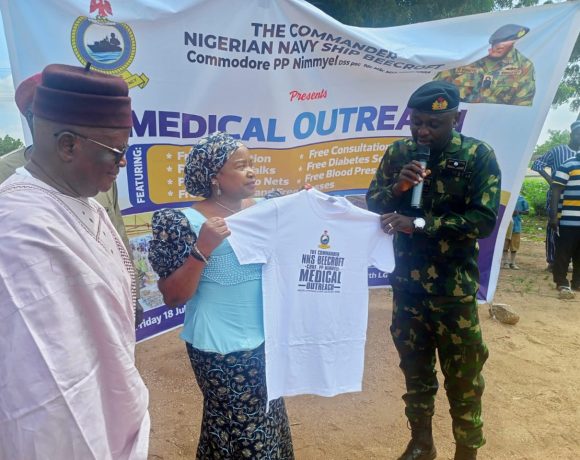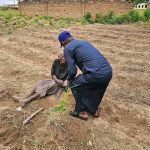ICRC expresses fear of prolonged hunger in Nigeria’s North-East, issues warning
Nigeria
Dooyum Naadzenga
The International Committee of the Red Cross (ICRC) has revealed that over 3.7 million people in conflict-ridden North-East Nigeria are facing severe food insecurity.
As the region enters its lean season, families are grappling with dwindling food supplies and limited access to farmland due to ongoing violence and displacement.
Smallholder farmers, once the backbone of their communities, now find it increasingly difficult to reach their fields. “We are experiencing acute food shortages… Farming is our only hope,” lamented Modu Umar, a community leader in Dikwa, Borno State. Echoing this sentiment, 70-year-old Churi Ibrahim from Gajibo shared the harsh reality: “Some trek for three hours just to get to their farms, and many days, we struggle to find even one meal.”
Diana Japaridze, head of the ICRC office in Maiduguri, emphasized the urgent need for food as households are forced to cut back on their intake. To counteract these challenges, the ICRC has provided over 21,000 farming households with essential seeds and tools to bolster local production, including staples like rice, maize, and okra.
The food crisis is exacerbating malnutrition rates, particularly among vulnerable populations such as children and nursing mothers. In response, the ICRC is enhancing support through malnutrition stabilization centers and community education initiatives.
At the national level, collaboration with the National Agricultural Seed Council has led to the repair of a crucial water source, ensuring a consistent water supply for seed testing and greenhouse operations, thereby strengthening Nigeria’s agricultural framework.
In a proactive move, the Yobe State Emergency Management Agency distributed $25,000 to 101 communities to enhance agricultural resilience, aiming to support over 7,000 beneficiaries across 17 local government areas. Executive Secretary Mohammed Goje highlighted that the initiative is designed to stimulate economic activity and promote sustainable agriculture.
Additionally, the state government has equipped farmers with 40 Massey Ferguson tractors to aid mechanization and increase crop yields. Recent efforts have included the distribution of agricultural inputs to 1,000 households, including those displaced by conflict.
While progress is being made, challenges remain. The chairman of the Bauchi State chapter of the All Farmers Association of Nigeria, Adam Sambo, pointed to ongoing farmer-herder conflicts as a significant hurdle. He welcomed government measures to address these issues but urged compliance from farmers to reduce tensions.
In contrast, farmers in Taraba State are returning to their fields in greater numbers, buoyed by improved security measures under Governor Agbu Kefas. “After two years without farming, I finally planted maize and rice this year,” reported Danjuma Hikon, a farmer in Wukari. He attributed the renewed optimism to increased military presence and community dialogue.
However, recent violence in Karim Lamido has reignited concerns about safety, underscoring the need for sustained efforts to ensure security and access to agricultural resources. Angela Yohana, a Programme Officer at FoodFuture Nigeria, reiterated that while security is crucial, farmers also require affordable fertilizers and infrastructure to thrive.
As the situation unfolds, stakeholders continue to call for comprehensive policy implementations to combat the escalating food insecurity crisis in North-East Nigeria.









